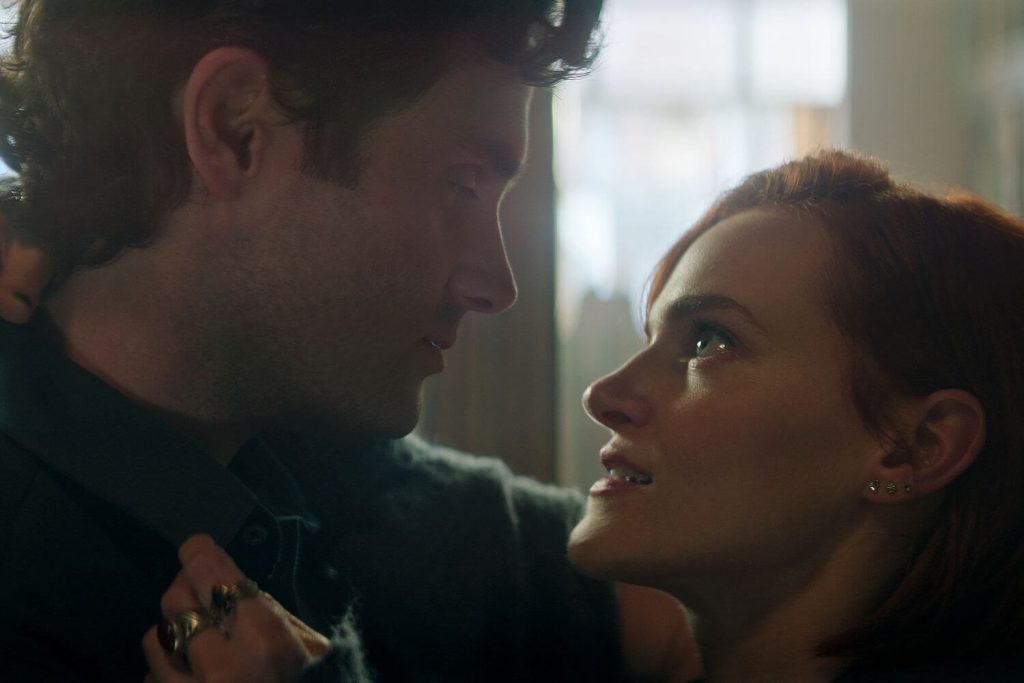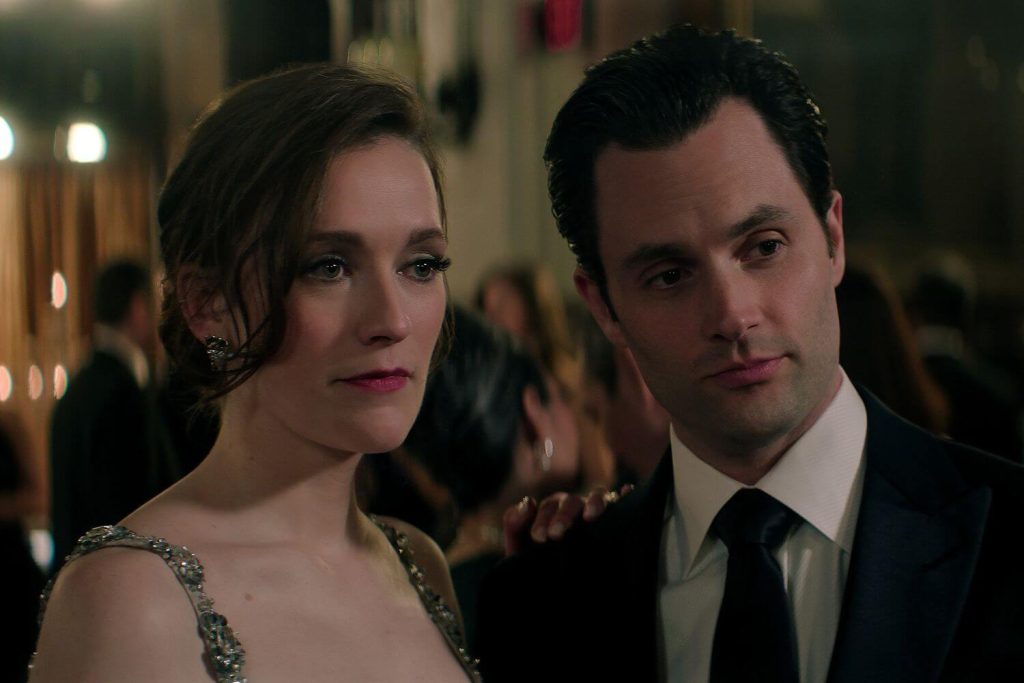World News
The Ending That Never Was: “You” Showrunners Reveal Scrapped Pitch for Joe Goldberg’s Fate
Behind the Curtain: Exploring Alternate Endings for a Serial Antihero
After five seasons of psychological suspense and jaw-dropping twists, Netflix’s You delivered its final season, wrapping up the chaotic saga of Joe Goldberg with a conclusion that was as chilling as it was inevitable. But according to showrunners Sera Gamble and Greg Berlanti, the ending viewers saw wasn’t the only option on the table. In fact, there was one particular pitch for Joe’s fate that was heavily considered but ultimately discarded.
The revelation offers fans a fascinating glimpse into the creative process behind one of television’s most talked-about characters. As Gamble noted, writing a series finale—especially for a morally complex lead like Joe—requires walking a narrative tightrope. The ending has to feel earned, shocking yet satisfying, and true to the character’s arc. And while the chosen ending accomplished that, the rejected pitch continues to spark curiosity and debate among fans and critics alike.

The Pitch That Didn’t Make the Cut
According to the showrunners, one pitch for Joe’s ending imagined a more dramatic and public reckoning—a high-profile trial or courtroom-style confrontation where all of his crimes would be laid bare. In this version, Joe would face not just emotional consequences but tangible, legal justice. He’d be cornered in the public eye, the mask of civility ripped away, his facade crumbling before the world.
This version of the ending leaned more into a societal commentary about how we deal with charming but dangerous individuals, especially those who manage to manipulate the system. It also would’ve turned the final season into more of a legal thriller than a psychological one. But ultimately, the creators felt this ending didn’t align with the intimate, internal nature of Joe’s story—a tale that’s always been as much about the delusions inside his head as the bodies he left behind.
Why the Creators Chose a More Introspective Ending
In the end, Gamble and Berlanti chose to go in a direction that felt truer to the tone and spirit of You. Joe’s story was never really about society at large—it was about obsession, self-deception, and the lies people tell themselves to justify the unthinkable. A courtroom scene, while satisfying in terms of justice, would have externalized a story that was fundamentally internal.
Instead, the final scenes of the series placed Joe in a more ambiguous space—physically, emotionally, and morally. It left room for reflection without neatly resolving every question. This choice underscores a central theme of You: the danger of romanticizing people who don’t deserve redemption. Rather than offering closure through punishment, the show invites viewers to sit with discomfort and ambiguity—just as Joe often avoided doing.

Fan Reactions and Thematic Considerations
Fans have long debated how Joe’s story should end. Should he die? Be imprisoned? Escape again? The ending that aired was polarizing—some saw it as a fitting conclusion to a narcissistic predator’s journey, while others wanted a clearer sense of justice. The now-revealed unused pitch adds fuel to this ongoing conversation, offering a “what if” that resonates with viewers who yearned for Joe to be held accountable in a public and undeniable way.
But part of what made You unique was its refusal to follow conventional arcs. The show’s popularity was built on its unsettling juxtaposition of romance and horror, charm and cruelty. Giving Joe a traditional fall from grace might have betrayed that unsettling equilibrium. By ending the series on a more cerebral, haunting note, the creators stayed true to the narrative they had been building all along.
The Ending We Got: A Legacy of Complicated Closure
The final season of You cemented Joe Goldberg as one of television’s most memorable antiheroes. While viewers didn’t get the trial or execution-style justice some may have hoped for, they got something perhaps more honest—an acknowledgment that people like Joe often slip through the cracks, aided by privilege, intellect, and charm. The show didn’t excuse his actions, but it challenged the audience to understand how such a person could thrive unnoticed for so long.
The ending that was chosen—and the one that wasn’t—both speak to the power of storytelling in shaping how we view morality, justice, and redemption. And while the alternate ending may never be filmed, its existence enriches the way we interpret the finale. In the world of You, even the ideas that didn’t make the cut have a story to tell.
From dragontrendtees

